Product Description
Hernon ReAct 727 is a tough acrylic adhesive designed primarily for securing of ceramic permanent magnet segments in motor magnet bonding applications. This adhesive has also found wide acceptance in a variety of structural bonding applications due to its versatile performance capabilities.
ReAct 727 has demonstrated the ability to provide high tensile strength while maintaining excellent product flexibility. This results in tough, durable bonds with outstanding impact and peel resistance. This tough acrylic is a single component, room temperature curing adhesive which is used in conjunction with Hernon EF Activator 56.
Product Benefits
Improved Reliability
- • High impact and shock resistance
- • Temperature resistance: -40 to 300°F (-40 to 149°C)
- • Good gap filling properties.
- • Excellent adhesion to a variety of surfaces.
- • Consistent rate of cure from 60 to 100°F (16 to 38°C)
- • Consistent bond strength
Improved Processing
- • Fast fixturing
- • No pot life, no mixing
- • No waste problems
- • Low toxicity
- • Low odor
- • Thixotropic: facilitates dispensing/applying
- • Non-migrating on vertical surfaces
- • Increases productivity
- • Requires minimal parts cleaning
- • Easy clean-up
Cost Effective
- • Requires minimal clamping time and tooling.
- • Eliminates high energy cost needed for heat cured materials.
- • Eliminates need for mechanical clips
Typical Applications
- • DC motor assembly.
- • Magnet bonding.
- • Bonding pre-coated sheet metal.
- • Bonding ferrites, plastic, and metal wear strips.
- • Bonding metals with special surface treatments such as galvanized, phosphate, and dichromate surfaces.
Typical Properties (Uncured)
| Property | Value |
| Base Resin | Modified Acrylic |
| Solids | 100% – No Solvents |
| Appearance | Off-White, Translucent |
| Specific gravity @ 25°C | 1.07 |
| Viscosity @ 25°C, cP | 60,000 |
| Flash point | See MSDS |
Typical Curing Performance
ReAct 727 is designed to be used with EF Activator 56 and cured at room temperature. Cure characteristics are measured by determining fixture time (handling time) and speed of cure.
Fixture Time
Fixture time is defined as the time to develop a shear strength of 0.1 N/mm².
Tested on steel lap-shear specimens, 1 side primed with EF Activator 56 and tested according to ISO 4587
| Gap, mm | Fixture Time, seconds |
| 0 | ≤ 25 |
| 0.25 | ≤ 330 |
Cure Speed
The graph below shows shear strength developed with time using EF Activator 56 on steel lap-shear specimens and tested according to ISO 4587.
Cure Speed vs. Temperature
Heat can be used to effect or accelerate cure when surface priming operations are undesireable. Typical heat cure conditions consist of heating and maintaining bondline at a temperature shown in the graph below for the corresponding time specified. Optimum conditions for heat cure should be determined on the actual assemblies.
Typical Properties (Cured)
Physical Properties
| Method | Property | Value |
| ASTM D882 | Tensile Strength, psi | 2,700 |
| ASTM D882 | Modulus of Elasticity, psi | 21,000 |
| ASTM D882 | Elongation, % | 130 |
| ASTM D2240 | Durometer Hardness, Shore D | 65 |
Typical Cured Performance
Shear Strength
Tested on lap-shear specimens with 1 side primed with EF Activator 56 and tested according to ISO 4587
| Substrate | Gap, mm | RT Cure, hrs | Shear Strength N/mm² (psi) |
| Steel | 0 | 24 | ≥ 11.7 (2500) |
| Steel | 0 | 48 | 20.7 (3000) |
| Steel | 0.25 | 48 | 19.0 (2750) |
| Steel | 0.50 | 48 | 17.4 (2520) |
| Aluminum | 0 | 48 | 13.1 (1900) |
| Zinc dichromate | 0 | 48 | 13.1 (1900) |
Typical Environmental Resistance
Shear Strength, steel lap-shear specimens, 1 side primed with EF Activator 56, cured for 48 hours at 22ºC and tested according to ISO 4587
Heat Aging
Aged for 1000 hours at temperature indicated and tested at 22ºC
| Temperature | Shear Strength, N/mm² (psi) |
| 93ºC | 15.7 (2280) |
| 121ºC | 10.8 (1560) |
| 150ºC | 4.1 (600) |
Humidity Resistance
Conditioned in 50ºC condensing humidity for time indicated and tested at 22ºC
| Exposure Time | Shear Strength, N/mm² (psi) |
| 1 week | 15.7 (2280) |
| 2 weeks | 11.2 (1620) |
| 4 weeks | 4.1 (600) |
Chemical/Solvent Resistance
Aged 30 days at 87ºC and tested at 22ºC
| Chemical/Solvent | % of Initial Strength |
| Air Reference | 100 |
| Water Glycol 50/50 | 30 |
| Gasoline | 10 |
| Motor Oil | 100 |
General Information
This product is not recommended for use in pure oxygen and/or oxygen rich systems and should not be selected as a sealant for chlorine or other strong oxidizing materials.
For safe handling information on this product, consult the Material Safety Data Sheet (MSDS).
Directions For Use
1. For best performance bond surfaces should be clean and free from grease.
2. To ensure a fast and reliable cure, EF Activator 56 should be applied to one of the bond surfaces and the adhesive to the other surface. Parts should be assembled within 15 minutes.
3. The recommended bondline gap is 0.1mm. Where bond gaps are large (up to a maximum of 0.5 mm), or faster cure speed is required, EF Activator 56 should be applied to both surfaces. Parts should be assembled immediately (within 1 minute).
4. Excess adhesive can be wiped away with organic solvent.
5. Bond should be held clamped until adhesive has fixtured.
6. Product should be allowed to develop full strength before subjecting to any service loads (typically 24 to 72 hours after assembly, depending on bond gap, materials and ambient conditions).
Storage
ReAct 727 should be stored in a cool, dry location in unopened containers at a temperature between 46ºF to 82ºF (8ºC to 28ºC) unless otherwise labeled. Optimal storage is at the lower half of this temperature range. To prevent contamination of unused material, do not return any material to its original container.
Dispensing Equipment
Hernon offers a complete line of semi and fully automated dispensing equipment. Contact Hernon Sales for additional information.
貌似促进剂EF 56已经停产了,改用15代替了!
下载附件查看TDS:
 Hernon ReAct 727 TDS (93.8 KB, 133 次)
Hernon ReAct 727 TDS (93.8 KB, 133 次)


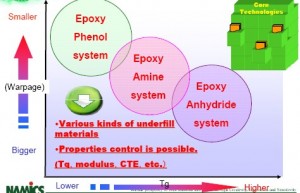
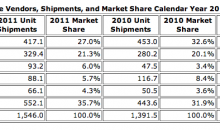
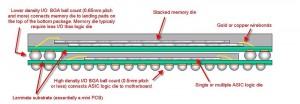
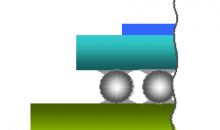
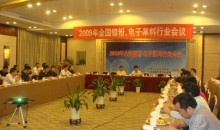
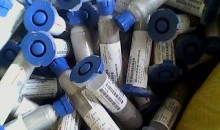
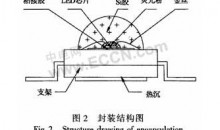
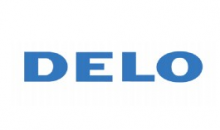
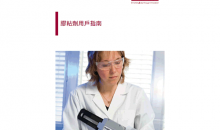
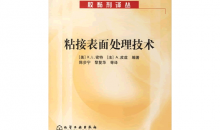
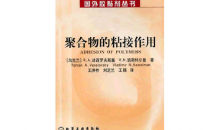
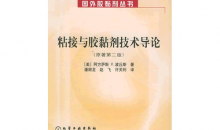
联系站长
Email:Anndiqiu#Gmail.com
Mobile Phone:13923499497
热门文章
数字
$2,242.7 Million Explore Global laminating adhesives market that is poised to be worth $2,242.7 million by 2019 了解更多 »